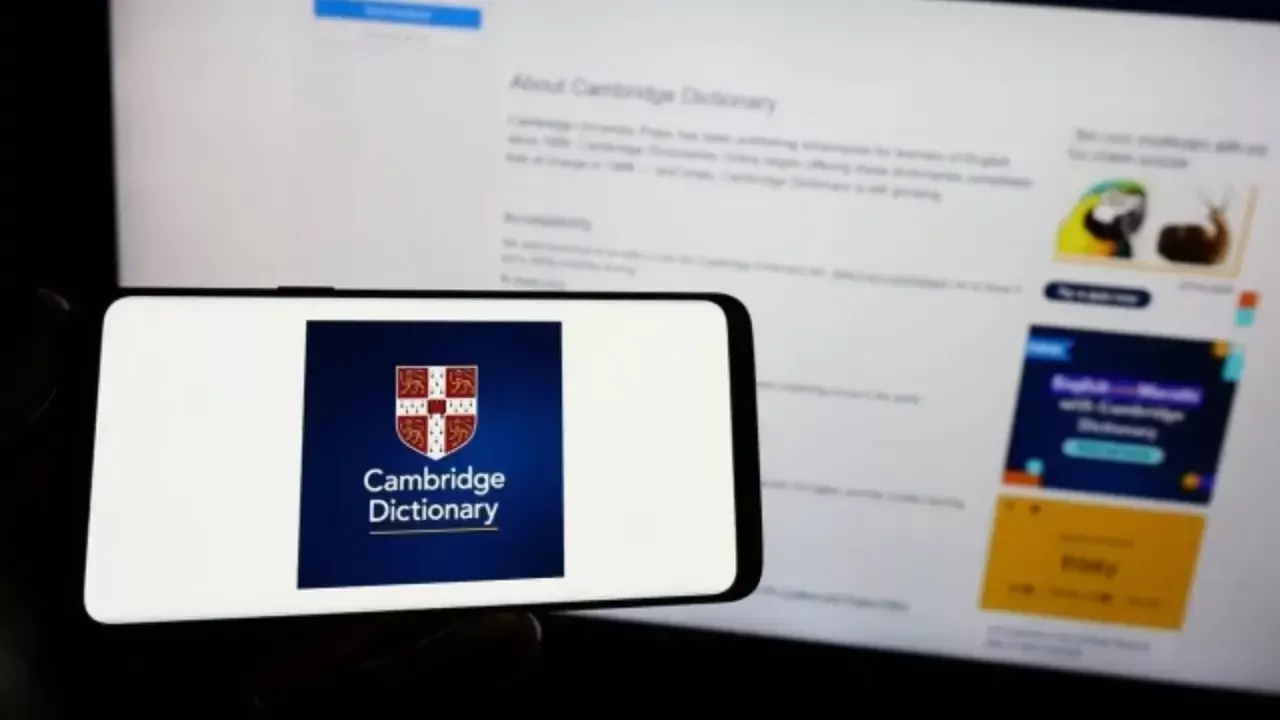Over 6000 new words added to the Cambridge dictionary

The Cambridge Dictionary is an important resource for learning English and is regularly enriched with hundreds of new words. This was reported by Zamin.uz.
Recently, nearly 6000 new words and phrases were added to the dictionary. Among these new words are terms rapidly spreading on social media, mass media, and in everyday life.
For example, words like "skibidi," "delulu," and "broligarchy" have become widespread. The word "skibidi" has various meanings depending on the context, used to mean "great" or "bad."
This word became popular based on the animated series "Skibidi Toilet" by Russian animator Aleksey Gerasimov. The series depicts a battle between moving toilets and agents.
The word "delulu" is a shortened form of the English word "delusional," referring to daydreaming or perceptions that do not correspond to reality. The term "tradwife" describes women who adhere to traditional gender roles and live accordingly.
Additionally, the word "broligarchy" describes small wealthy and influential groups in the tech business. This term is mainly used in reference to American producers and billionaires.
Another interesting word is "Mouse jiggler," which is a computer program. It automatically moves the mouse cursor to prevent the computer from locking.
This program is very popular among remote workers because it helps maintain an "online" status during work hours. According to Colin Macintosh, head of the Cambridge Dictionary, the dictionary only includes words that are relevant and widely used.
Internet culture is changing the English language, and it is very important to observe this process and record it in the dictionary. Therefore, new words come not only from the internet and jargon but also reflect the development of English and its new stages.
In 2024, over 3200 new words were added to the Cambridge Dictionary, and during the past year, more than 6000 new phrases and jargon were added (source: zamin.uz).







